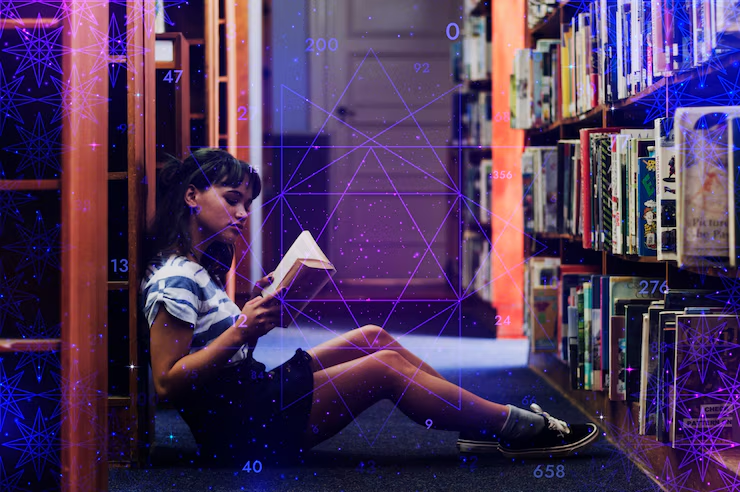The traditional process of verifying academic degrees and certificates often involves tedious paperwork, third-party verification, and lengthy waiting periods. With growing concerns around document fraud and misrepresentation in the education sector, there’s a critical need for a solution that is secure, transparent, and efficient.
At Apply Adviser, we aim to shed light on how Blockchain in educational credentials is emerging as a game-changing innovation. This technology ensures the authenticity of academic records, making verification seamless for institutions, employers, and learners alike.
Understanding Blockchain in Educational Credentials
Blockchain, at its core, is a decentralized and immutable digital ledger. When applied to education, it allows academic credentials such as degrees, diplomas, and certificates to be stored securely and permanently on a digital chain. These credentials cannot be altered or forged, making them highly reliable.
Institutions can issue credentials directly on the blockchain, allowing anyone with access to verify them in real time. It eliminates middlemen, reduces fraud, and accelerates the validation process across borders.
How Blockchain Transforms Academic Verification
1. Immutable Record-Keeping
Once a credential is issued on a blockchain, it cannot be changed or tampered with. This offers unmatched security and builds trust in the academic records shared by students.
2. Instant Global Verification
Employers or institutions across the world can instantly verify academic documents through a single digital link no waiting for couriers or stamped transcripts.
3. Empowering Learners
Students have full ownership of their academic records, which they can share securely without going through bureaucratic hurdles.
Applications in Real-World Education Systems
Universities like MIT and the University of Nicosia are issuing blockchain-based diplomas.
EdTech Platforms use it to certify course completions, skill badges, and micro-credentials.
Government bodies are exploring blockchain for national student databases to combat forgery.
Benefits for Institutions and Employers
- Reduced administrative burden
- Improved data integrity
- Trusted, fast recruitment decisions
- Transparent alumni tracking
Challenges in Implementation
- Technical infrastructure and cost
- Lack of global standardization
- Limited awareness among traditional institutions
Despite these hurdles, many educational ecosystems are adopting blockchain as a long-term solution for digital trust and record accuracy.
FAQs
Q1. What is blockchain in educational credentials?
A: It is the use of blockchain technology to store and verify academic records securely and transparently.
Q2. Can blockchain-based credentials be faked?
A: No. Once issued on the blockchain, credentials cannot be altered or forged due to its immutable nature.
Q3. Who can access these blockchain credentials?
A: Students can control access, sharing them only with institutions, employers, or platforms they choose.
Q4. Are Indian universities adopting blockchain credentials?
A: Yes. Some universities and government bodies are piloting blockchain-based certificate systems.
Q5. Is blockchain expensive to implement in education?
A: Initial setup can be costly, but long-term benefits like reduced verification costs make it worthwhile.
Conclusion
Blockchain in educational credentials is more than just a tech trend it’s a transformative shift toward transparent, tamper-proof academic verification. As education becomes more global and digital, Apply Adviser believes this innovation will play a central role in securing the integrity of qualifications worldwide.




